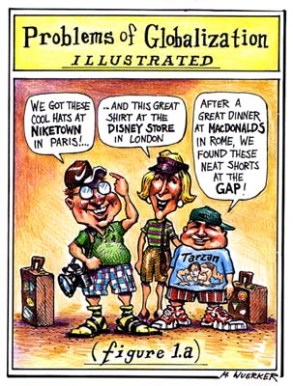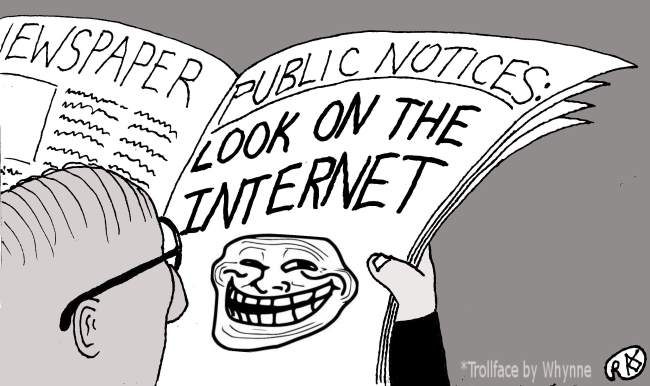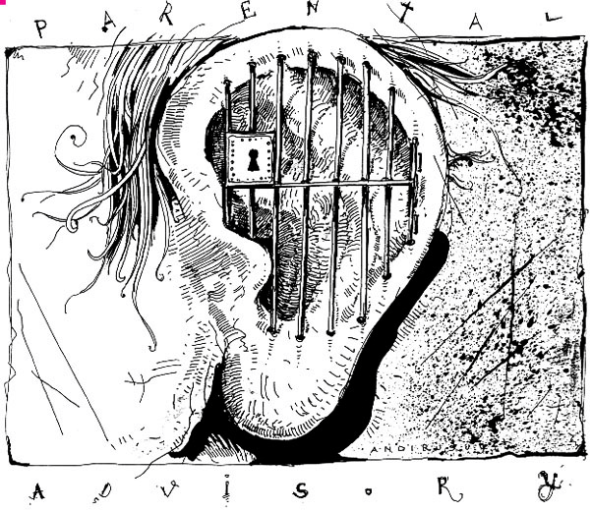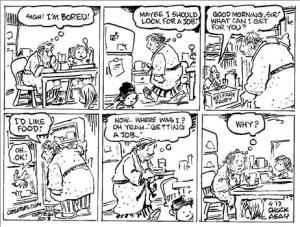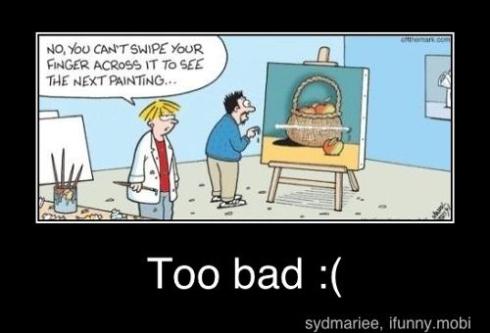As technology and innovation advance, our view of the vast world around us begins to shrink. Concepts and ideas are shared and created worldwide. It would be difficult to say whether globalization is positive or negative, because it depends on which sphere of the globe you are living, but for first world countries, like America, it is beneficial. In less developed nations that have not been industrialized, it may push them even further behind.
Technology is increased with the help of global markets and trade. With an open flow of ideas and innovations between countries, it is difficult to deny that advancements are not made with efficiency. Not only does globalizing have an affect on technology, but it has immeasurable affects on business, the economy, social structures, politics, culture, and more.
The negative effects of globalizing on culture are extremely important. Instead of basking in a world that is rich in diversity and admirable cultural differences, globalization creates uniformity resulting in the language, food, and traditions that were unique to different peoples fading out. If the world globalized entirely, there would be no need for travel or exploration because there would be nothing left that you could not see from where you are from. Leaving for a foreign place would be similar, if not the identical, as staying where you are.
Not all globalization is negative though. It has a positive effect on the labor market because the expanding of companies to different parts of the world creates jobs for the people that live in that area, which is highly desirable for places that have increasing unemployment rates. However, most Americans and other first world country citizens are unaware or careless to the conditions globalization has for the workers in poorer areas where we put our industries for cheap distribution of goods. Child labor, insanely long work days, little pay and poor work conditions are just a few of the unfair treatment examples for these people.
With companies spreading to different parts, there is more wealth being distributed around the world. Globalizing also creates a sort of mutual friendship between countries who depend on each other to thrive, making it difficult to believe that they would wage war against each other. That being said, one could argue that globalizing gives politics and military powers a sense of security.
Weighing the positive and negative effects of globalization makes it difficult to decipher whether it is for better or for worse, but the bottom line is that it does have effects.

